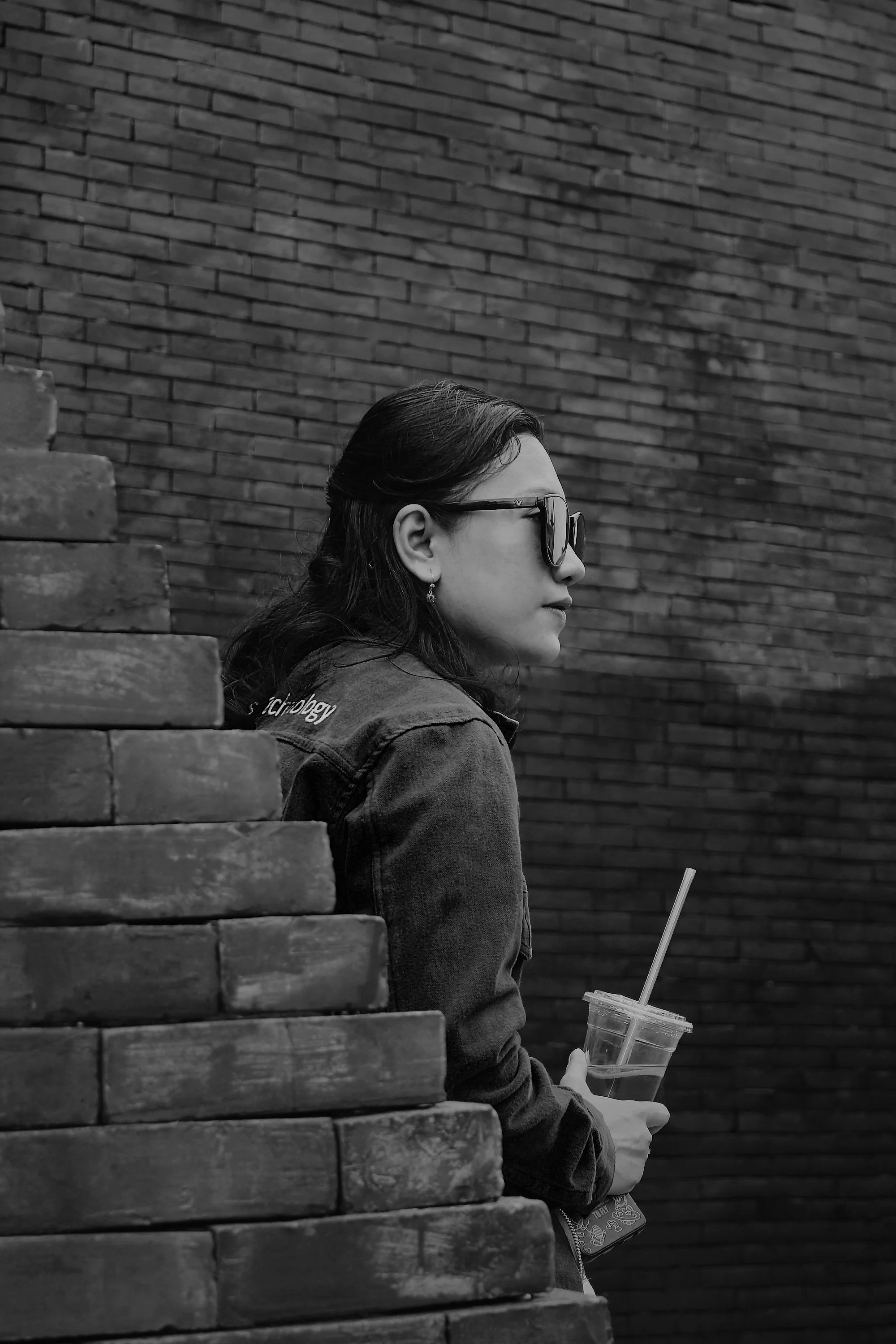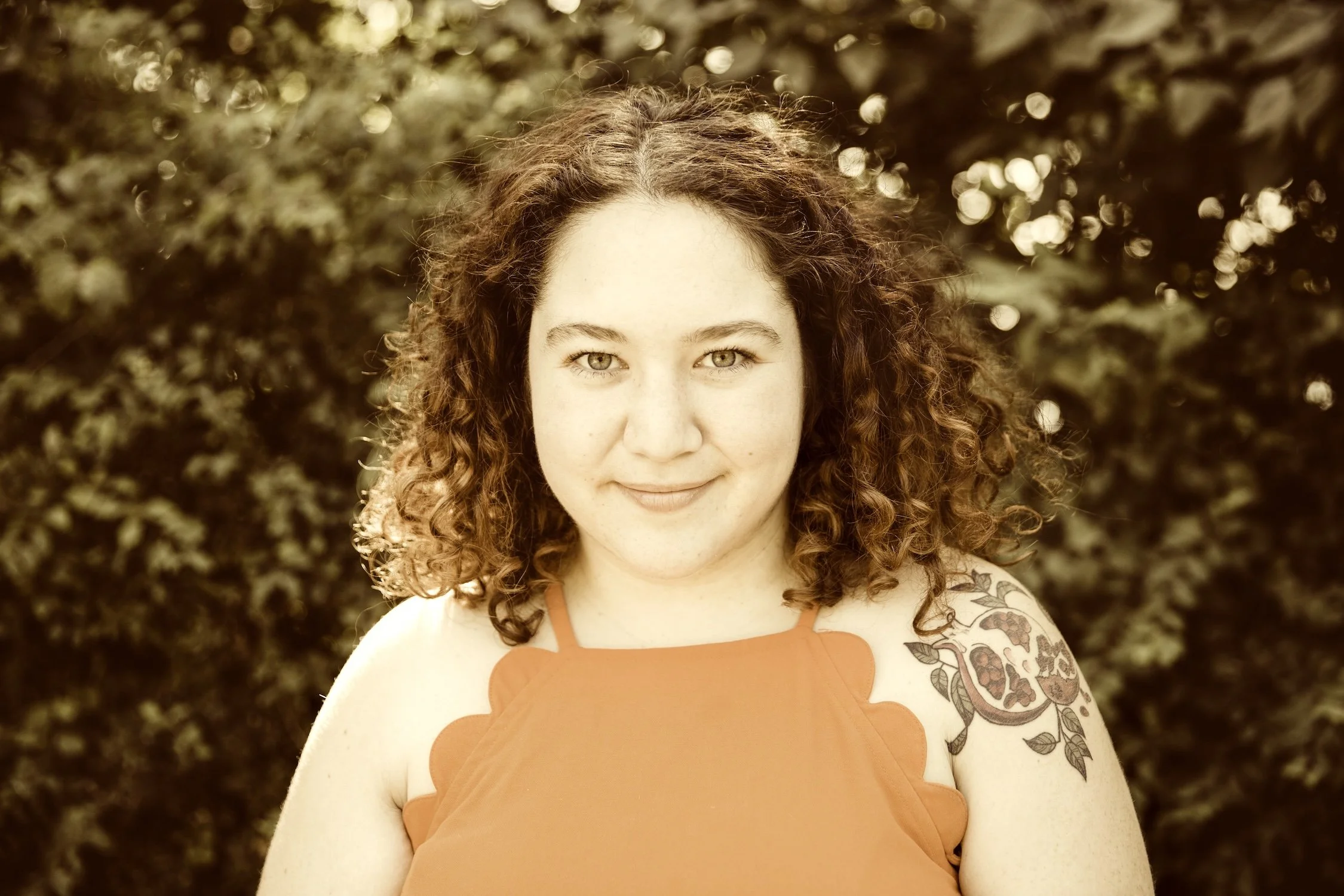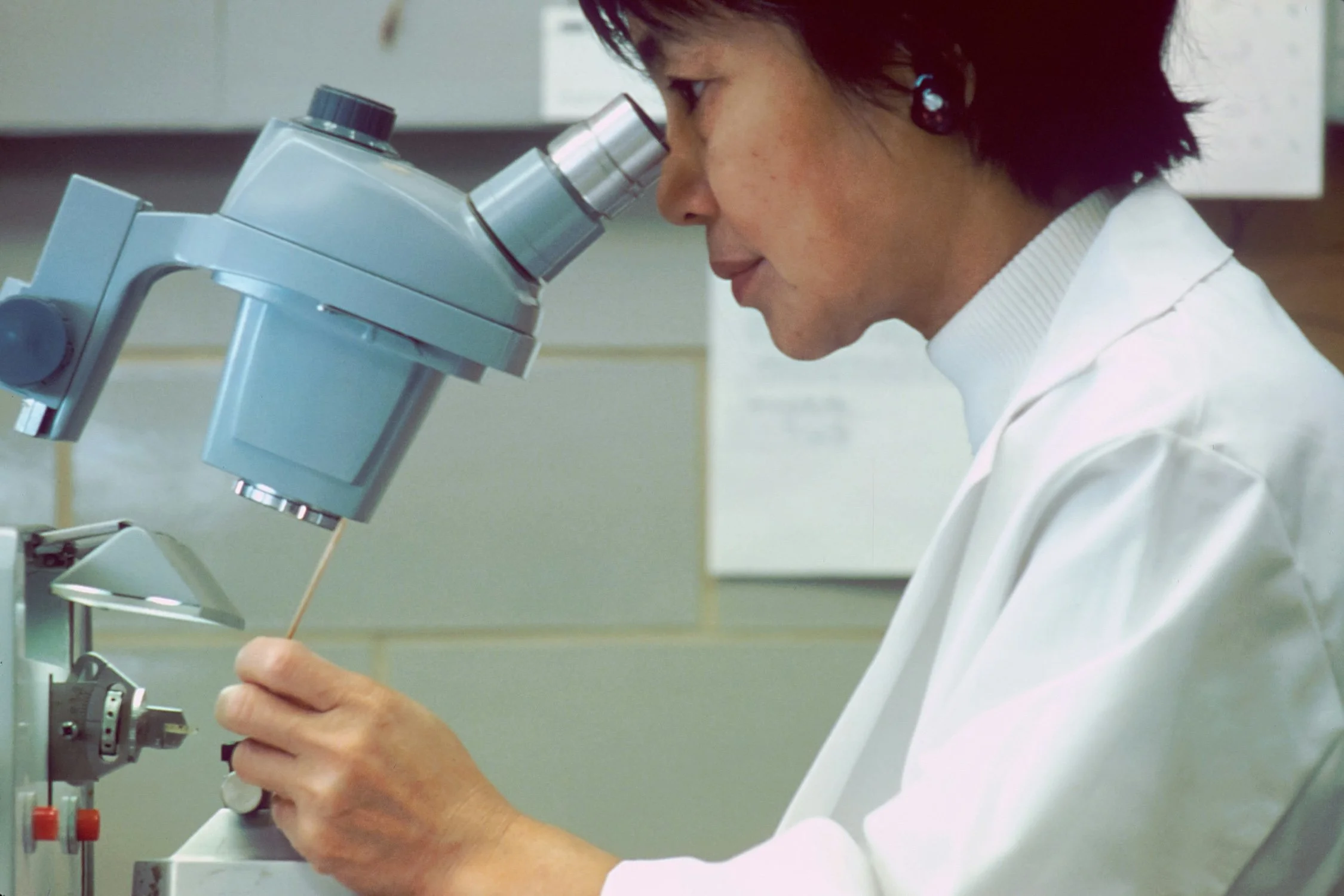I Love Working With
Creatives, Entrepreneurs, Professionals, and driven College Age Folk
Because you tend to be inquisitive, sensitive, empathic, innovative, deeply caring people who want to make an impact. You’re probably also determined, intelligent, and a hard worker.
You’d think all those great traits would make for a charmed life, but turns out, it often takes a lot to learn how to live with the strength of those gifts. Intensity begets intensity. Strong emotions, ideas, and sensitivities can carry the seeds for overwhelm which can lead to anxiety and/or depression. And if the traumas of life haven’t been adequately attended to (childhood traumas or later), life can feel as if it is in a terrifying spin.
We can handle it.
And I get it that because you’re accomplished in so many areas of your life, you think you ought to be able to figure this out, too. I’ve been there.
Some jobs are suited to solitude, some aren’t. Taking care of our health and mental health requires both. The folk who show up at my door often have done a lot of the self-help parts as well as past therapy. All good stuff and now it’s time for the next step. Like graduate school.
I know how hard it can be to ask for help and I’ve also learned how good it can feel to finally have a true ally and not be alone. I’d be delighted to be your ally. And if I’m not quite the right therapist for you, I’m still your ally. I’m happy to help you find the right person.
This is important work you are embarking on. Let’s do it well.
I love working with college age and under 40 adults because, if I can help you have an easier time of it than I had —- Whoo-hoo!! And that can happen! We now know how to activate healing that builds on itself. What a gift for you and for everyone in your world, now and for decades to come.
And I dearly love the brilliance of working with those in their middle years and older. I love seeing you discover lightness and joy you might have given up on. I can so relate.
HOW
The world of therapy has come a lonnnng way since I first entered this field. Thank Goodness. I was so exasperated back then, I left the field. Said I would never come back.
What changed?
The fields of neuroscience and integrative approaches combined with practices from our far-back ancestors (Eastern and Western). That’s what’s changed. We now know how to use the therapeutic relationship, deep states of consciousness (not your To-Do-List brain), mindfulness, and what our bodies tell us, along with foundational, integrative approaches as a map and compass to guide the way to health that works for each individual and that builds on itself.
Transformative and regenerative. Not just surface.
I use a combo of innovative and science-backed approaches: Psychodynamic relationship, Motivational Interviewing, Internal Family Systems (IFS), Sensorimotor Psychotherapy, Expressive Arts, Somatic and Attachment Focused EMDR (S.A.F.E. EMDR) and lifestyle integrative approaches (including nature-based ones*), along with the education and skill-based therapies: CBT, DBT, ACT**.
And if these words feel like a better fit than the above: chi, meridians, dharma, chakras, nadis, elements, medicine wheel, directions, etc., — All good here. Same principles guide us. Which makes for exciting times to be alive.
Whichever terms are used, this combo is great at addressing the issues that often grab high achievers and the highly sensitive: perfectionism, self-loathing, anxiety, depression, dissociation, relationship concerns, spiritual wounds, trauma (childhood and more recent), etc. And it addresses them efficiently and deeply.
* More to come regarding Nature-based Therapy! Stay in Touch.
**CBT: Cognitive Behavior Therapy. DBT: Dialectical Behavior Therapy. ACT: Acceptance and Commitment Therapy





